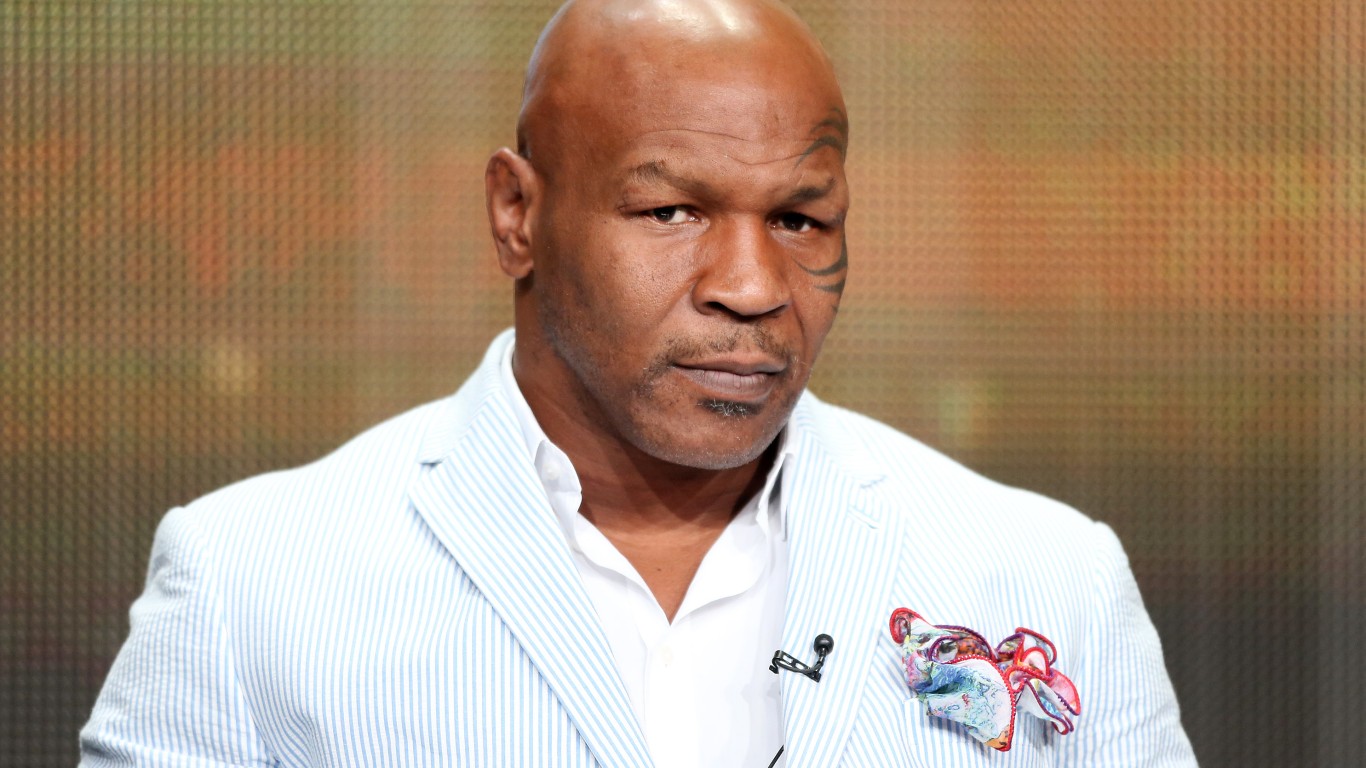
In the “fake news” battle that has set media sources against social media in many cases, Facebook Inc. (NASDAQ: FB) has adopted new rules to identify violators. The plan is also part of an effort to identify credible news sources.
In a note, CEO Mark Zuckerberg partially described the effort:
Last week I announced a major change to encourage meaningful social interactions with family and friends over passive consumption. As a result, you’ll see less public content, including news, video, and posts from brands. After this change, we expect news to make up roughly 4% of News Feed — down from roughly 5% today. This is a big change, but news will always be a critical way for people to start conversations on important topics.
Today I’m sharing our second major update this year: to make sure the news you see, while less overall, is high quality. I’ve asked our product teams to make sure we prioritize news that is trustworthy, informative, and local. And we’re starting next week with trusted sources.
Facebook will use the equivalent of crowdsourcing. Zuckerberg added:
Here’s how this will work. As part of our ongoing quality surveys, we will now ask people whether they’re familiar with a news source and, if so, whether they trust that source. The idea is that some news organizations are only trusted by their readers or watchers, and others are broadly trusted across society even by those who don’t follow them directly. (We eliminate from the sample those who aren’t familiar with a source, so the output is a ratio of those who trust the source to those who are familiar with it.)
This update will not change the amount of news you see on Facebook. It will only shift the balance of news you see towards sources that are determined to be trusted by the community.
The effort could have a large effect on news publishers, many of which are already worried that Facebook has cut their access to Facebook users. Adam Mosseri, Facebook’s head of News Feed, wrote at the same time Zuckerberg posted his comments:
We’ll be working on these efforts for the rest of the year. For the first change in the US next week, publications deemed trustworthy by people using Facebook may see an increase in their distribution. Publications that do not score highly as trusted by the community may see a decrease.
Last week, Zuckerberg rocked the publishing industry with another announcement:
I’m changing the goal I give our product teams from focusing on helping you find relevant content to helping you have more meaningful social interactions.
We started making changes in this direction last year, but it will take months for this new focus to make its way through all our products. The first changes you’ll see will be in News Feed, where you can expect to see more from your friends, family and groups.
As we roll this out, you’ll see less public content like posts from businesses, brands, and media. And the public content you see more will be held to the same standard — it should encourage meaningful interactions between people.
Public content is a way that huge numbers of publishers and marketers reached Facebook users, which now number over 2 billion.
Between the two announcements, it has been a very bad few days for much of the publishing and marketing industries.
Cash Back Credit Cards Have Never Been This Good
Credit card companies are at war, handing out free rewards and benefits to win the best customers. A good cash back card can be worth thousands of dollars a year in free money, not to mention other perks like travel, insurance, and access to fancy lounges. See our top picks for the best credit cards today. You won’t want to miss some of these offers.
Flywheel Publishing has partnered with CardRatings for our coverage of credit card products. Flywheel Publishing and CardRatings may receive a commission from card issuers.
Thank you for reading! Have some feedback for us?
Contact the 24/7 Wall St. editorial team.


